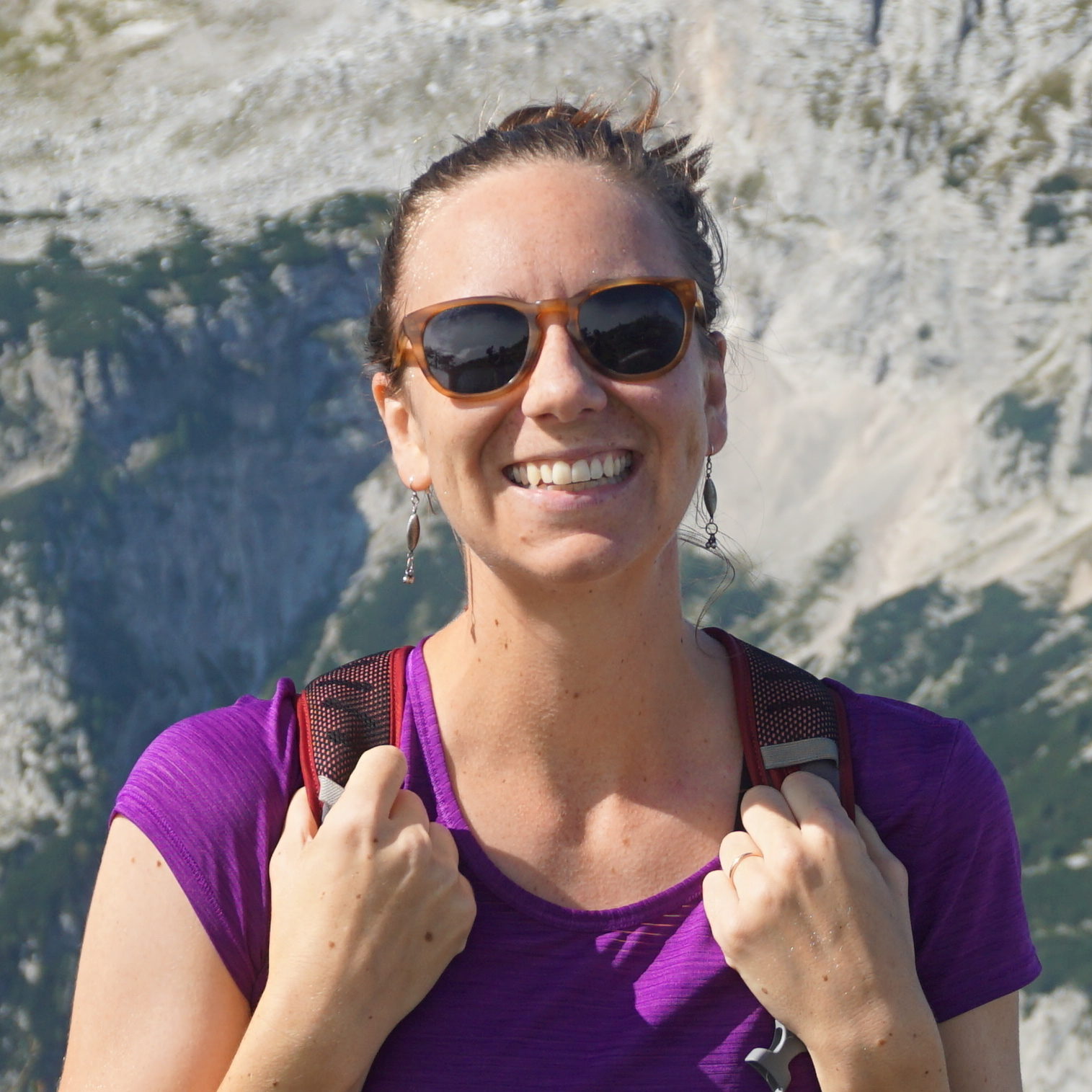Post Doctoral Associate - PhD Columbia University, 2019
Kira Olsen is a seismologist interested in ice deformation, including fracture, calving, and rifting within Earth’s polar ice sheets and on ice-covered moons within our Solar System. Kira grew up in Homer, Alaska and earned a bachelor’s degree in Geology from Colorado College. She received her master’s degree and Ph.D. in Earth & Environmental Sciences from Columbia University, defending her Ph.D. thesis in 2019.
Kira’s graduate research focused on investigating Greenland’s largest glaciers and how they are changing. Kira uses the seismic signals generated by large, rotational iceberg-calving events (up to 1 km 3 of ice) to understand the physics of iceberg calving and glacier retreat. Kira has demonstrated that these glacial earthquakes are increasing annually at a number of Greenland glaciers and has developed new models of the glacial-earthquake source. This work improves understanding of the relationship between iceberg size and glacial-earthquake magnitude, moving us closer to using these seismic events as a remote-sensing tool for analyzing ice loss around Greenland.
Kira’s current postdoctoral research centers on testing hypotheses for the formation of surface features on the icy moons Enceladus (of Saturn) and Europa (of Jupiter) and working to understand the state of stress within these icy bodies. She uses analog seismic data collected on Earth’s ice sheets for this work, specifically focusing on tidal deformation of interior rifts within the Ross Ice Shelf in West Antarctica. This work advances understanding of rift-generated fracture within ice here on Earth, and helps prepare the planetary-science community to collect seismic data directly on icy worlds as part of future NASA lander missions.
Kira joined the Planetary Seismology group at University of Maryland in November, 2019 as a CRESST II Postdoctoral Fellow through Howard University. She collaborates closely on her postdoctoral work with Dr. Nick Schmerr at UMD and Dr. Terry Hurford at NASA’s Goddard Space Flight Center.

